Concrete is a mixture of cement (11%), fine aggregates (26%),coarse aggregates (41%) and water (16%) and air (6%).
Cement - Powder
Cement + Water - Cement Paste
Cement Paste + Fine Aggregate (FA) - Mortar
Mortar + Coarse Aggregate (CA) - Concrete
Portland cement, water, sand, and coarse aggregate are proportioned and mixed to produce concrete suited to the particular job for which it is intended.
Advantages of Concrete
1. Concrete has a lot of environmental advantages, including durability, longevity, heat storage capability, and chemical inertness.
2. Ability to be Cast
3. Fire resistant
4. On-site fabrication
5. Aesthetic properties.
6. The raw materials used in cement production are widely available in great quantity.
7. Need little or no finish or final treatments.
8. Chemically inert concrete doesn't require paint to achieve a given colour; natural -mineral pigments and colouring agents can be added at the mixing to provide a rainbow of options.
9. Low maintenance.
10. Can be reused or recycled.
11. Concrete can be reused with bituminous asphalt as road base materials, can be recycled and reused by crushing into aggregates for new concrete or as fill material for road beds or site work.
Limitations of Concrete
1. Low tensile strength
2. Low ductility
3. Volume instability
4. Low strength
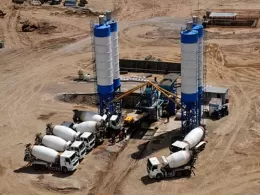

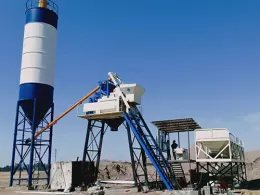

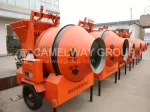
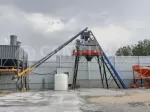


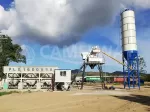

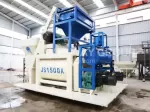
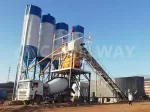
0 Comment